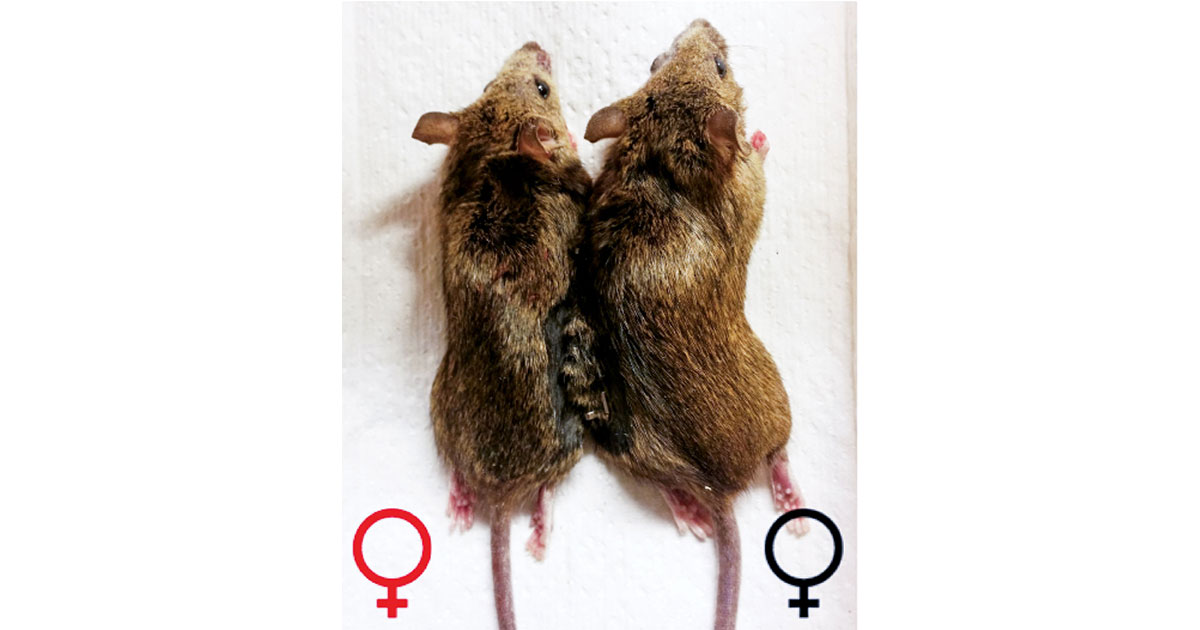Advertisement
Grab your lab coat. Let's get started
Welcome!
Welcome!
Create an account below to get 6 C&EN articles per month, receive newsletters and more - all free.
It seems this is your first time logging in online. Please enter the following information to continue.
As an ACS member you automatically get access to this site. All we need is few more details to create your reading experience.
Not you? Sign in with a different account.
Not you? Sign in with a different account.
ERROR 1
ERROR 1
ERROR 2
ERROR 2
ERROR 2
ERROR 2
ERROR 2
Password and Confirm password must match.
If you have an ACS member number, please enter it here so we can link this account to your membership. (optional)
ERROR 2
ACS values your privacy. By submitting your information, you are gaining access to C&EN and subscribing to our weekly newsletter. We use the information you provide to make your reading experience better, and we will never sell your data to third party members.
Biological Chemistry
Robert Alonzo Welch
The Man Behind The Legacy
by AMANDA YARNELL, C&EN WASHINGTON
November 22, 2004
| A version of this story appeared in
Volume 82, Issue 47

Self-made millionaire Robert Alonzo Welch had no formal training in chemistry. So why would he devote nearly 85% of his fortune to support chemical research?
Little is known about the life of the man who deeply influenced the course of chemical research in Texas. On the occasion of its 50th anniversary, the Welch Foundation is taking a fresh look at what motivated its founder, an intensely private man who never married, never had children, and shunned publicity of any kind. It has commissioned a local historian to delve deeper into Welch's life and career to shed light on what fueled his deep commitment to basic research in chemistry.
Welch was born in 1872 into a deeply religious farming family in rural South Carolina. Devastated by the Civil War, his home state offered him little in the way of economic opportunity. At the age of 14, Welch left his family to make a life for himself in Houston. "Welch had a cousin in Houston, whose letters described Texas as a land of opportunity," Welch Foundation President Norbert Dittrich notes.
It was indeed a land of opportunity. Welch quickly found a $35-per-week job with a local drugstore in Houston. After short stints with a bank and a railroad, Welch landed a job at the Bute Paint Co., where he was to spend the rest of his working life. Although he was intensely loyal to Bute and kept his job there until he retired, Welch caught the oil fever that was sweeping Texas: In January 1901, oil was discovered at the now-famous Spindletop oil field in Beaumont. While still working full time for Bute, Welch began to invest in tracts of land suspected to harbor oil and natural gas.
His new business interests led Welch to teach himself about the technical aspects of oil extraction. He corresponded with experts in geology to satiate his interest in understanding how the process worked and how it could be improved. Later, when underground sulfur deposits were found on some of his lands, Welch became fascinated with the work of Herman Frasch, a German chemist who had developed a widely used process for extracting sulfur from underground deposits as well as a method for removing sulfur contaminants from oil. Although there isn't any concrete proof that the two ever met, Welch deeply admired Frasch for his scientific accomplishments, calling him "one of the greatest men I ever knew."
Dittrich suggests that it was Frasch who turned Welch on to the power of basic scientific research. Welch gave no money to scientific research during his lifetime and gave no hint to family, friends, or his employees that he planned to do so after his death. When it was time to decide what to do with the some $30 million he had so carefully and methodically amassed from his oil and sulfur investments, "it came down to devoting it to either cancer or chemical research," Dittrich says. Predicting that "cancer would be solved in the next few decades," Welch decided near the end of his life to use the bulk of his money to fund basic research in chemistry. "Just about everyone was surprised at what he wanted to do," Dittrich notes.
Several prominent universities--including Rockefeller University and Massachusetts Institute of Technology--got wind of his plan and hoped to land his gift, but "Welch knew research would take a long time, so he wanted to create an endowment that would last," Dittrich says. "But at the same time, he realized that you could spread yourself too thin. Texas was a place that had welcomed him at a rough time in his life, and he wanted to give something back."
In 1952, at 80 years of age, Welch died, leaving $25 million of his fortune to create the foundation that has since energized chemical research in his adopted state of Texas. Having already ensured the financial future of his extended family, Welch asked that the remainder of his fortune be distributed among his 29 employees.
MORE ON THIS STORY
A FOUNDATION FOR CHEMISTRY IN TEXAS
The Welch Foundation has fostered chemical research in Texas for half a century
ROBERT ALONZO WELCH
The Man Behind The Legacy




Join the conversation
Contact the reporter
Submit a Letter to the Editor for publication
Engage with us on Twitter